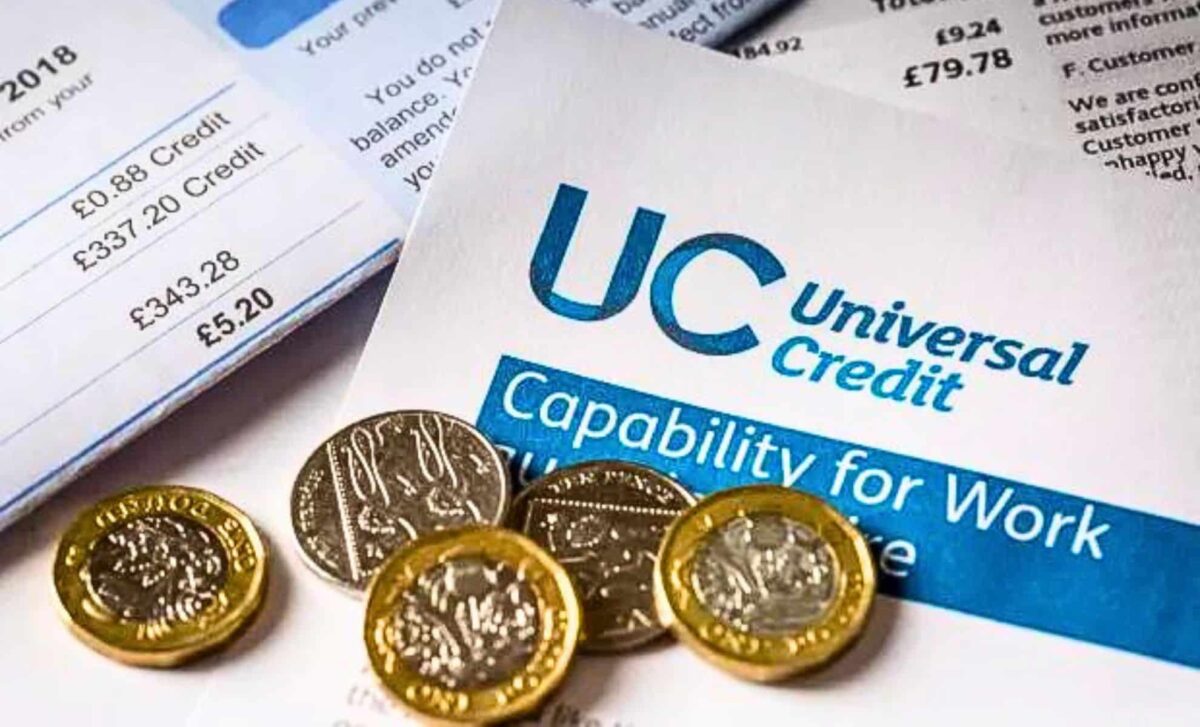The Department for Work and Pensions will introduce revised payment rates for Universal Credit in April, as announced by State Chancellor Rachel Reeves on October 30 at the Labour Party Budget Update.
According to Reeves, the September Consumer Price Index will lead to a 1.7% increase in Universal Credit and most other DWP and HMRC benefits. The state pension will rise by 4.1%, which analysts said should be ruled out. They therefore asked that October’s inflation figure of 2.2% be used instead.
Many individuals are now transitioning to Universal Credit from benefits such as tax credits and income-related supports like Income Support and ESA—resultantly leading to an increase in the number of recipients, which currently stands at nearly seven million people receiving it.
The government has announced that 39.5 million people in Great Britain will receive help as a result of increased payment rates for all DWP and HMRC benefits; this includes 3.9 million residents in the West Midlands region. The regional total is made up of 3 million people: 11 million young people, 17 million people of working age and a number of older people.
New Universal Credit Payment Levels for 2025
The government has announced four levels of Universal Credit payment from April next year in new instructions published after the Budget. These levels cover a large proportion of the primary claim categories processed by the DWP, but they do not cover all circumstances. Although this isn’t the maximum amount that may be claimed, some couples with two children will see their monthly Universal Credit amounts increase to just over £1,200 under the scenarios below.
Universal Credit, single, aged 25-plus
- Current monthly amount 2024/2025: £393.45.
- New monthly amount 2025/2026: £400.14.
- Increase in monthly benefit amount: £6.69.
- Annual amount (12 months): £4,801.68, a rise of £80.26.
Universal Credit, single, Aged 25-Plus with LCWRA Incapacity Element
Individuals who have undergone a work capability evaluation and fall into the top incapacity group for LCWRA (limited capability for work and job-related activities) are exempt from having to look for work due to their health.
- Current monthly amount 2024/2025: £809.64.
- New monthly amount 2025/2026: £823.41.
- Increase in monthly benefit amount: £13.77.
- Annual amount (12 months): £9,880.92, a rise of £165.24.
Universal Credit, single, Aged 25-Plus, and One Child (Born On or After April 6, 2017)
- Current monthly amount 2024/2025: £681.37.
- New monthly amount 2025/2026: £692.95.
- Increase in monthly benefit amount: £11.58.
- Annual amount (12 months): £8,315.40, a rise of £138.96.
Universal Credit, Couple, at Least One Adult Aged 25-Plus and Two Children (Born On or After April 6, 2017)
- Current monthly amount 2024/2025: £1,193.44.
- New monthly amount 2025/2026: £1,213.72.
- Increase in monthly benefit amount: £20.28.
- Annual amount (12 months): £14,564.64, a rise of £243.36.
As a result of reduced debt deductions, over a million families will also get extra Universal Credit. The Budget affirmed that the maximum amount of such deductions, which are currently set at 25%, will be reduced to 15% in order to recover past-due rent, council tax, or utility bills, or to pay back overpayments on benefit loans and tax credits.
In addition, 1.2 million families, including 700,000 with children, will benefit from this change. Some of the poorest households will be £420 better off as a result. According to Save the Children, lone parents could receive an extra £39 a month as a result of claiming Universal Credit.
This can rise to £62 for two-parent households. Researchers have found that benefit deductions push two-thirds of children in Universal Credit households into poverty.









